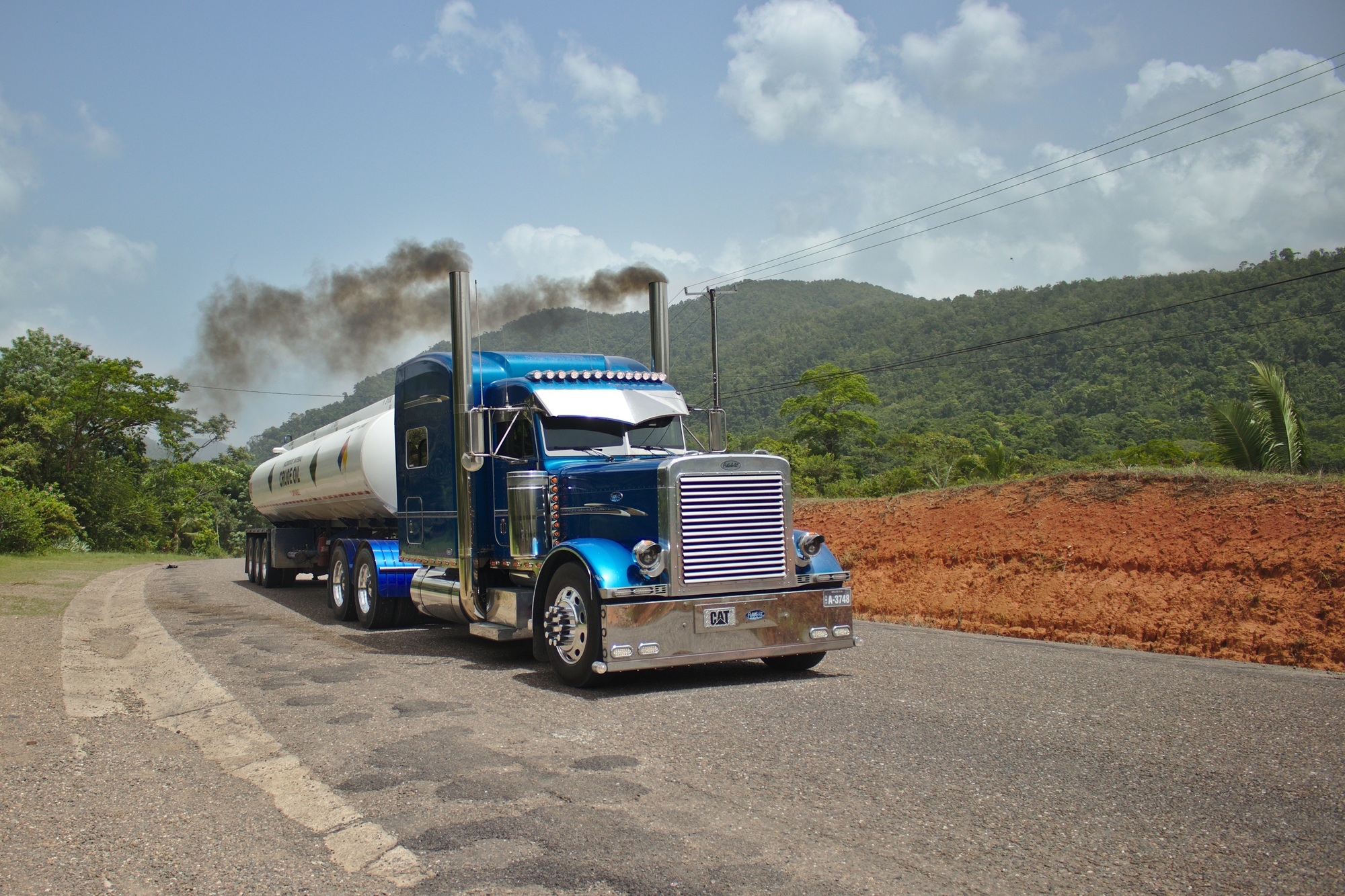All truck drivers need to have truck insurance.
Truck insurance is one of the most important things to have when it comes to driving commercially. You need protection in case something bad happens, like an accident. With insurance, you'll have the means to pay for damages done to others and their property.
You may not be aware of the commercial truck insurance requirements. Anyone that would like to hire others to drive their company's trucks will need to provide them with insurance. You'll also need insurance if you're an owner-contractor.
We'll go over the requirements, costs, and provide you with more information about commercial truck insurance. Read on to learn everything you need to know.
What Is Commercial Truck Insurance?
Commercial truck insurance is different from other popular forms of insurance. While truck insurance is a type of auto insurance, it offers a variety of coverages due to the dangers of large trucks.
A company will provide insurance that protects the driver, vehicle, and other people or property damaged by the truck.
Someone that's looking to find owner-operator contracts will need to look into primary liability insurance. Primary liability is aimed towards protecting the other people and vehicles involved in an accident. You can opt to get a policy that also includes protection for your vehicle.
How Much Is Truck Insurance?
The exact cost for a commercial truck insurance policy will vary depending on who you get it from and what your policy covers. You'll be spending more when you start including extra coverage in your plan. Most policies will run you anywhere from $5-7k, which is about 3-4 times higher than personal policies.
Commercial Truck Insurance Requirements
You don't have to worry too much about the insurance requirements when you're looking for a policy because all policies are set up to meet the requirements. However, trucks are required to have a certain amount of coverage before they're street-legal.
One of the common semi-truck insurance requirements is having $750,000 in coverage. This ensures you'll have enough money to pay for anything no matter how much damage is done. You don't need a plan that will protect your vehicle, but it must protect those that are damaged by you.
What Insurance Covers and Doesn't Cover
Company vehicle insurance is designed to cover a variety of things so that you're protected in any situation. Bodily injury is the most important part of an insurance policy as it protects someone that's hurt by your truck. This will cover their medical bills and any lawsuit-related costs.
Should you damage property, your insurance policy will cover the damage that you've done. This type of coverage goes as far as covering the potential costs of getting new goods if you deliver them to the wrong location.
It's common for most companies to advertise their business on their vehicles. Unfortunately, this can cause issues if people decide to file a lawsuit relating to false advertisement. Your insurance will provide you the means to properly defend yourself.
What commercial truck insurance won't cover is a vehicle that isn't a truck. This type of insurance is strictly for semi-trucks, so it won't cover vehicles like buses, vans, cement trucks, etc. Most policies also won't include coverage for driver injuries unless you pay more for the coverage.
If your vehicle is damaged during an accident in which you were at fault, the insurance also won't cover that. Should you get a loss of income after an accident due to not being able to work, you'll be responsible for getting back on your feet.
You should also be aware that it's possible to get coverage for loss of cargo. In cases where you get into an accident and cargo is damaged, there's a good chance you can get it back without repurchasing it. However, this can cost a lot to cover because trucks are constantly carrying thousands of dollars worth of cargo.
The Use of Personal Auto Insurance in Businesses
Using an additional personal auto insurance policy is something that many people recommend. Doing this gives you an extra layer of protection in the event of an accident.
Because most insurance policies don't offer driver protection as a core piece of coverage, having a personal policy could save you from spending a lot on medical bills.
You'll also need to have personal insurance if you plan on driving to and from work because you won't be using a company vehicle.
Keep in mind that personal auto insurance won't offer protection for anything relating to your business. Although you may get into an accident while using a company vehicle, your personal insurance will not pay for vehicle damage. They'll only offer compensation for damage done to you.
Start Looking Into Various Insurance Policies
There are a plethora of insurance companies that each have different policies. If you're a truck driver, you'll need to ensure you get the best deal. Whether you're driving for a company or are an owner-operator, having insurance is necessary and will protect you while on the road.
Understanding the commercial truck insurance requirements will help you decide which one is best, but most of the policies you find will help you meet compliance. It's always important to read the small print to make sure that you're aware of exactly what is and isn't covered.
If you're an owner-operator that's looking to make easy money, sign up with ComFreight today. We offer the best rates and routes, allowing you to earn more and get paid quickly.
